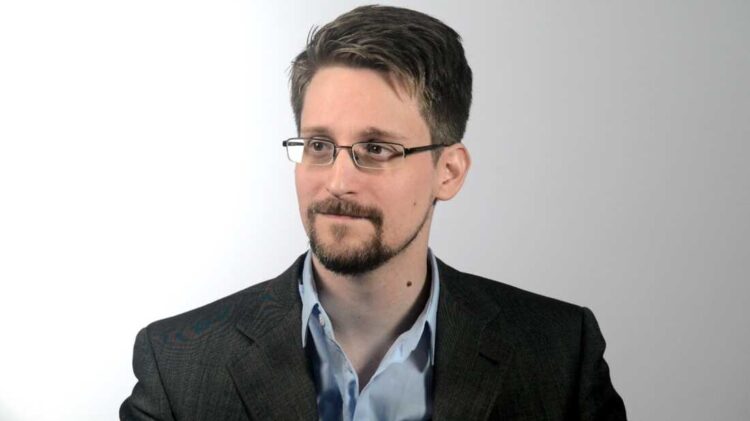By Isabelle Wilson-
The US National Security Agency (NSA) tried to persuade its British counterpart to stop the Guardian publishing revelations about secret mass data collection from the NSA contractor, Edward Snowden, a new book reveals.
Sir Iain Lobban, the head of Government Communications Headquarters (GCHQ) was reportedly called with the request in the early hours of 6 June 2013, but rejected the suggestion that his agency should act as a censor on behalf of its US partner in electronic spying.
The new book to be published on Thursday- The Secret History of Five Eyes- by film-maker and investigative journalist Richard Kerbaj is said to have caused a rift within the Five Eyes signals intelligence coalition. Many belonging to the coalition did not want the secret revealed, so that the secret mass collection data could continue unchallenged.
It is already common knowledge that the CIA has a secret, undisclosed data repository that includes information collected about Americans. The CIA and National Security Agency have a foreign mission, and are generally barred from investigating Americans or U.S. businesses. But the spy agencies’ are known to have a collection of foreign communications often snares Americans’ messages and data incidentally.
The revelation by two Democrats on the Senate Intelligence Committee early this year, highlighted knowledge already known by others in high places, including some members of the American press, but not the public.
According to Wyden and Heinrich’s letter, the CIA’s bulk collection program operates outside of laws passed and reformed by Congress, but under the authority of Executive Order 12333, the document that broadly governs intelligence community activity and was first signed by President Ronald Reagan in 1981.
The proposition of urging a newspaper to abandon the article for the sake of the NSA seemed a step too far, despite the special relationship between UK and U.S agencies, according to Kerbaj.
“It was neither the purpose of his agency nor his own to deal with the NSA’s public relations,” Kerbaj writes.
In October 2013, the then prime minister, David Cameron, later threatened the use of injunctions or other “tougher measures” to stop further publication of Snowden’s leaks about the mass collection of phone and internet communications by the NSA and GCHQ.
The DA-Notice committee, the body which alerts the UK media to the potential damage a story might cause to national security, told the Guardian at the time that nothing it had published had put British lives at risk.
In the new book, Kerbaj reports that the US-UK intelligence relationship was further strained when the head of the NSA, Gen Keith Alexander, failed to inform Lobban that the Americans had identified Snowden, a Hawaii-based government contractor, as the source of the stories, leaving the British agency investigating its own ranks in the search for the leaker. GCHQ did not discover Snowden’s identity until he went public in a Guardian interview.
‘It was a chilling reminder of how important you are, or how important you’re not,” a senior British intelligence insider is quoted as saying in the book.
The material leaked by Snowden also included secret documents from the Canadian, Australian and New Zealand signals intelligence agencies, the other Five Eyes members. They all shared information with the NSA through a shared database. Their embarrassment was heightened by revelations that they had spied on allies and partners in the G20.
The Five Eyes allies were outraged that a contractor like Snowden, working as a computer systems administrator, could get access to their secrets, and that because of US government outsourcing, there were 1.5 million Americans with top security clearance like Snowden.
However, when Five Eyes officials met in Australia in the summer of 2013, only the British representatives openly questioned US practices. The other allies were not prepared to challenge the Americans out of anxiety that they could be cut off from the flow of intelligence.
British officials also decided to bite their tongues when it came to frustration with their US counterparts, because of the value of the intelligence and funding provided by the NSA. Sir Kim Darroch, the former UK national security adviser, is quoted in the book as saying “the US give us more than we give them so we just have to basically get on with it.”

